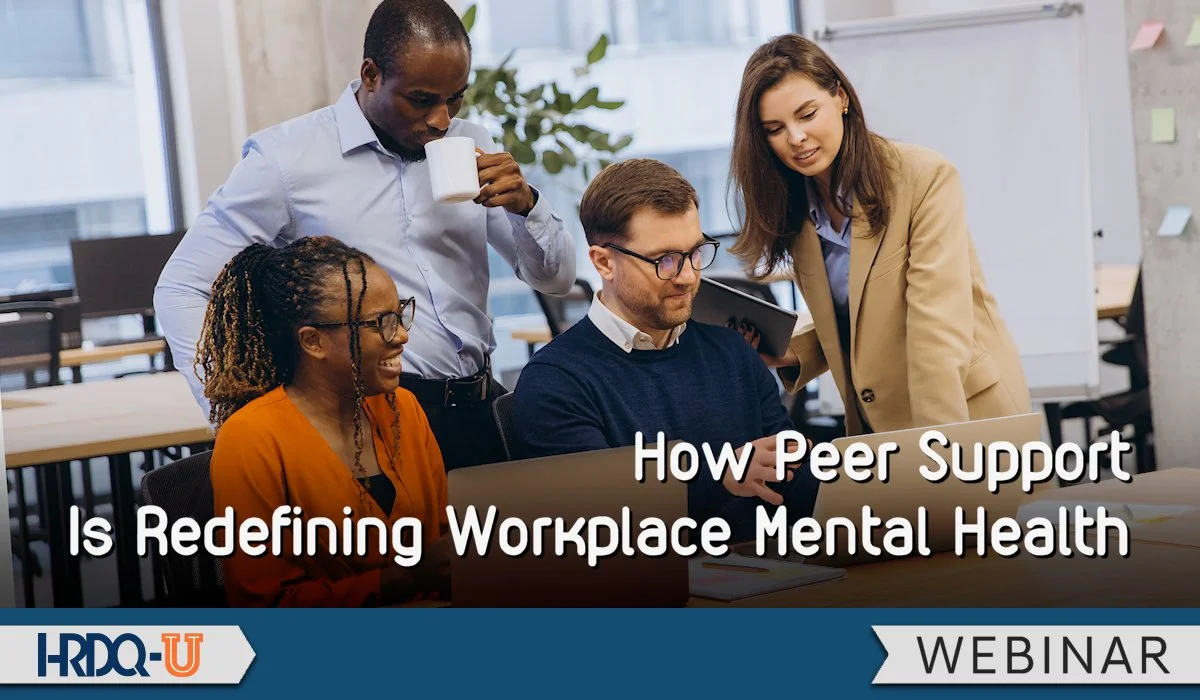Beyond Awareness: Why Human Connection Is the Missing Link in Workplace Mental Health
Bridging the Gap: Where Performance Meets Care
When it comes to mental health in the workplace, most organizations have traditionally viewed it through two very different lenses.
On one side, there is performance management, where changes in behaviour or productivity are interpreted as performance issues that need to be corrected. On the other side, there is clinical care, where we assume that someone who is struggling must need immediate professional help.
Both approaches have their place. However, what is often missing is the space in between.
Not everyone experiencing a mental health or substance use challenge requires immediate clinical care. Likewise, not every employee showing signs of distress should automatically be treated as a performance problem. Yet this middle ground, where many people actually find themselves, is often where organizations have the least structure and support.
Over time, workplaces have developed policies, programs, and referral pathways to connect employees to expert care. That is genuine progress. But in doing so, something deeply human has been overlooked, something that has always been part of who we are as people: our natural ability to support one another.
Here is the overlooked truth.
Every organization already has on its payroll the human capital to do this work. It is rare to find a workplace without people who have experienced hardship, mental health struggles, or substance use challenges in their own lives. Most of these individuals are not only willing to support others, but they already possess many of the skills needed to do so. All they need is to be recognized, trained, and empowered by their organization.
When organizations start to crowdsource human benevolence, they unlock an untapped source of resilience. By empowering employees to support each other through structured peer support, they prevent small problems from becoming larger ones and ensure that recovery is not left to happen in isolation.
In North America, many of us have been socialized to believe that once someone is referred to a clinician, recovery will naturally follow. The reality is far more complex. Sustainable recovery requires connection. The evidence is clear that without social support, recovery is harder and often less enduring.
“When organizations start to realize that compassion is not a nice-to-have or a soft skill, but an essential part of a healthy culture, everything starts to change. And when business leaders begin to see people who have lived through mental health challenges not as a liability but as an asset that makes their organization stronger from the inside out, that is when real transformation happens.
”
Of course, many leaders may see barriers that seem to stand in the way of doing this. It can sound risky to allow employees to support one another in this way. That is a valid concern, and it is exactly why we are hosting this upcoming conversation:
Our HR Webinar on December 10, 2025 entitled How Peer Support Is Redefining Workplace Mental Health | HRDQ-U will explore what it takes to integrate human connection safely and effectively into organizational mental health strategies. We will discuss how connection-based approaches can reduce stigma, encourage early help-seeking, and build the structures that make this both safe and sustainable.
Because in the end, it is human connection that sustains recovery, performance, and trust.


